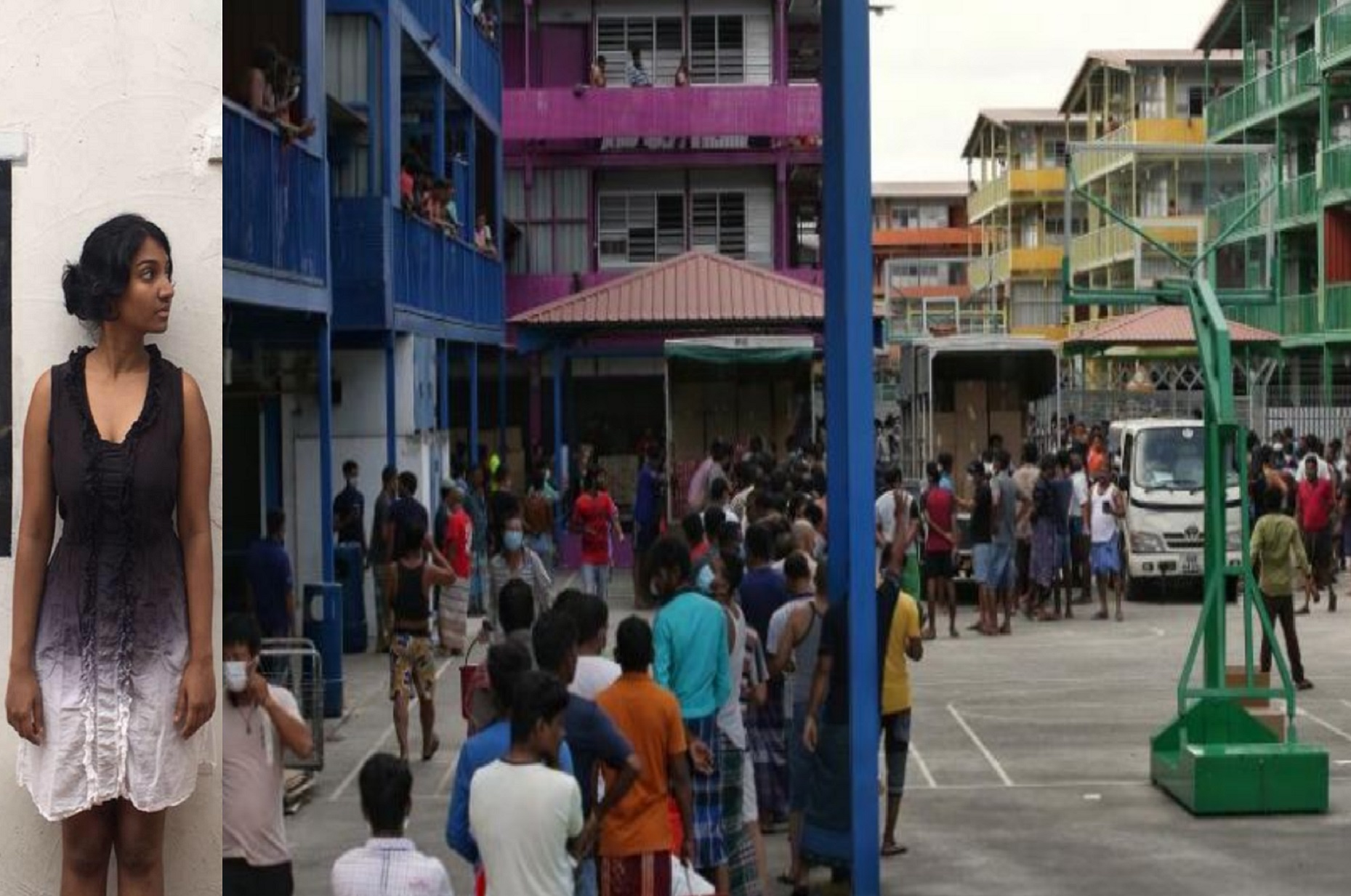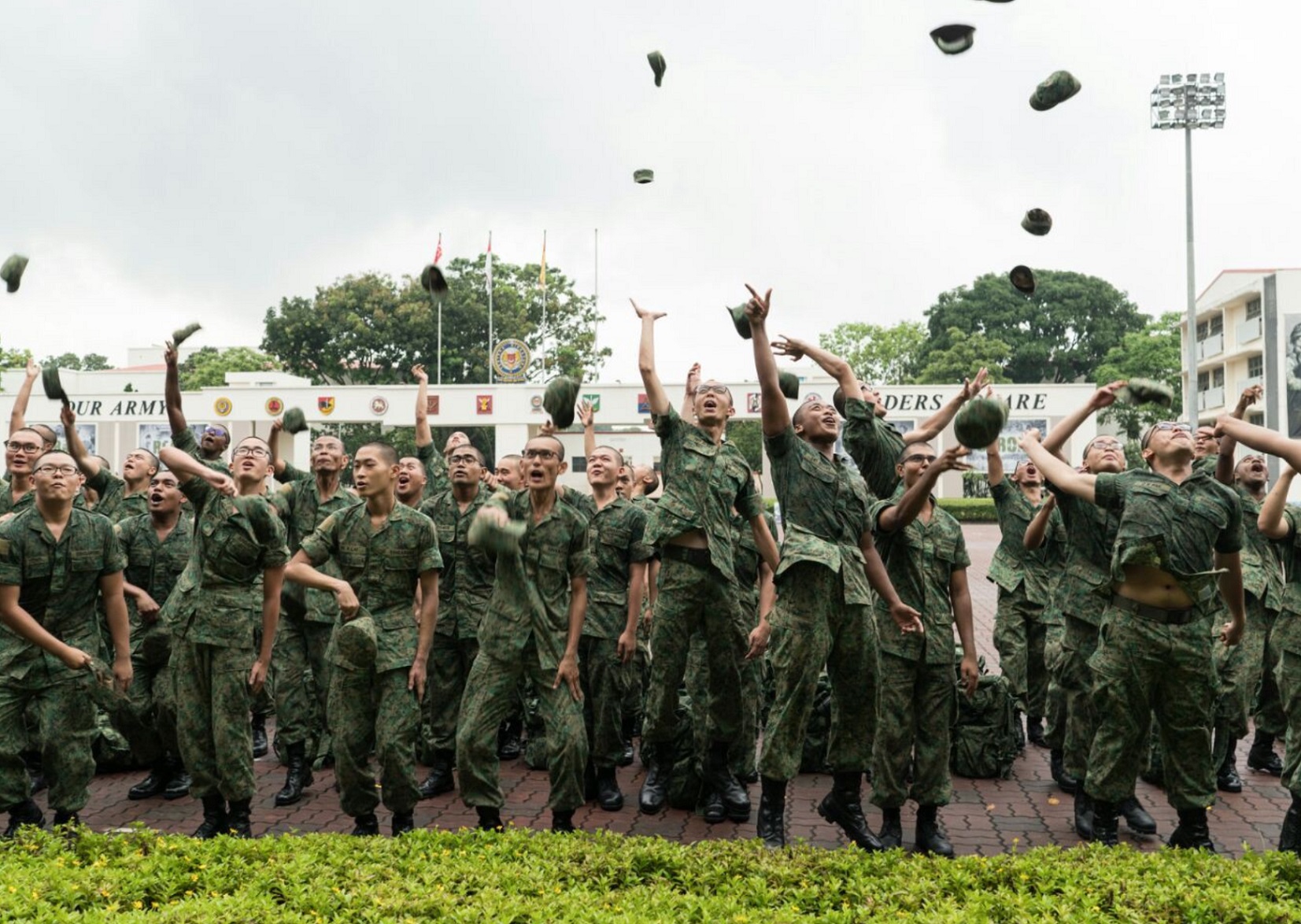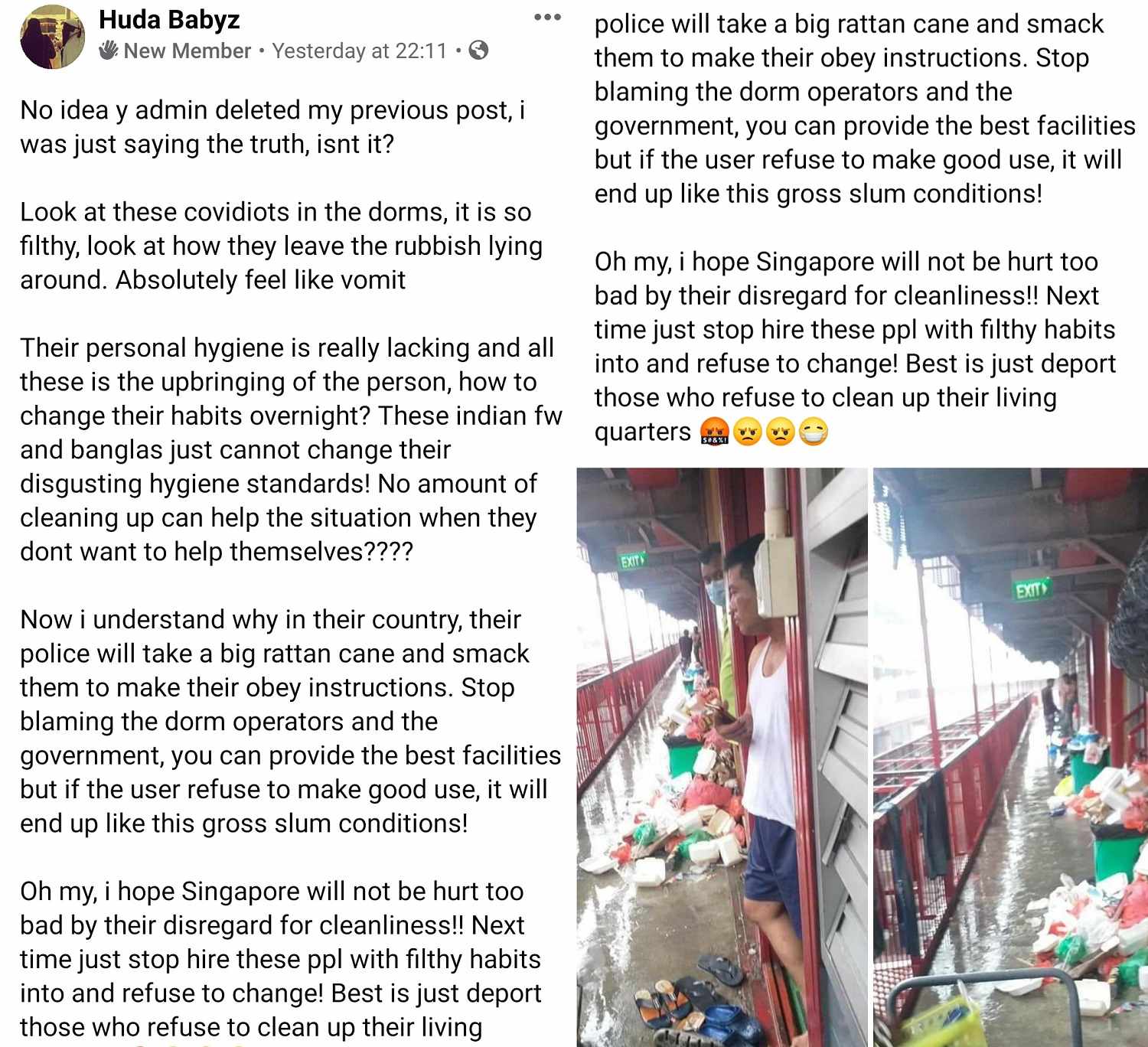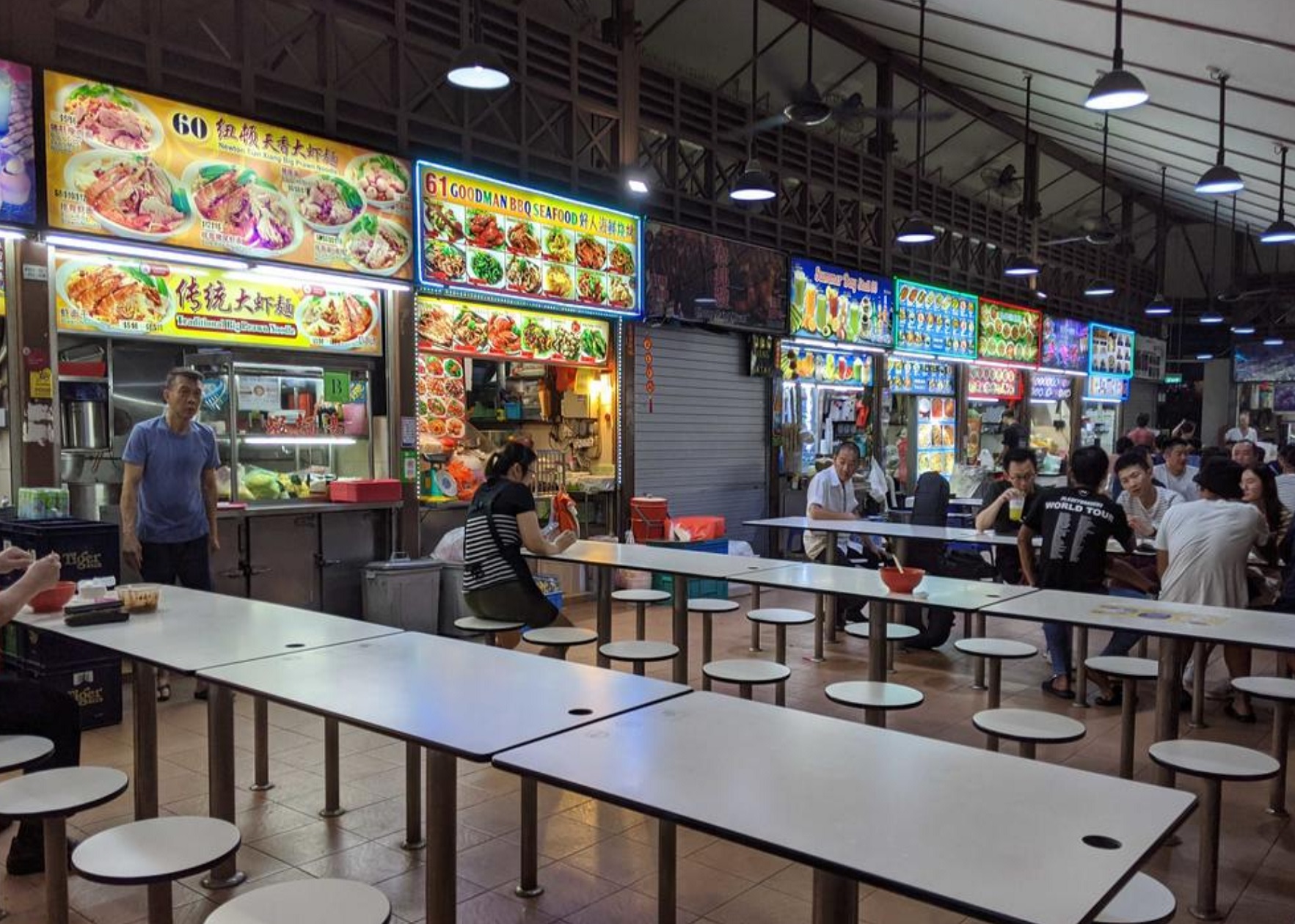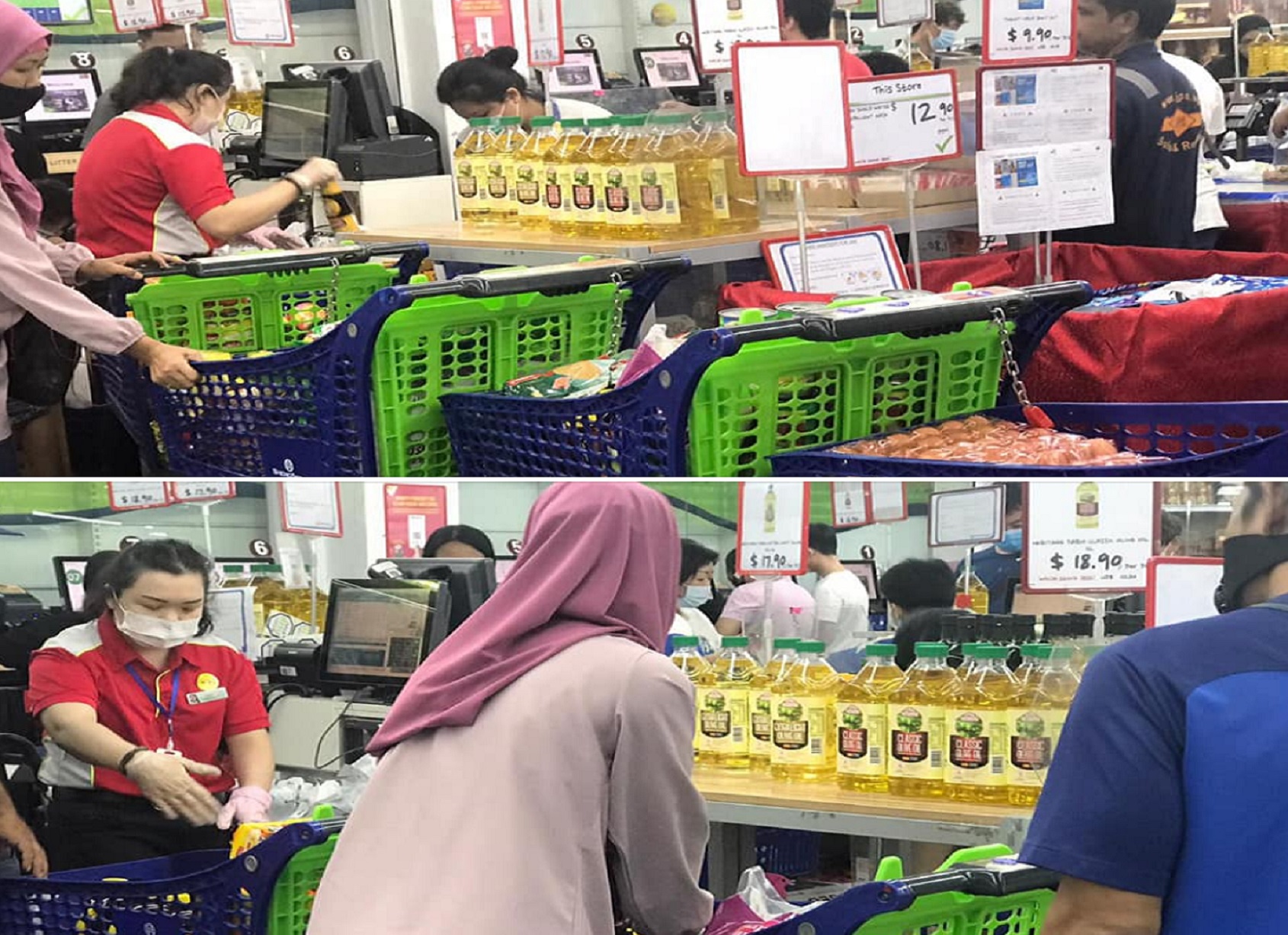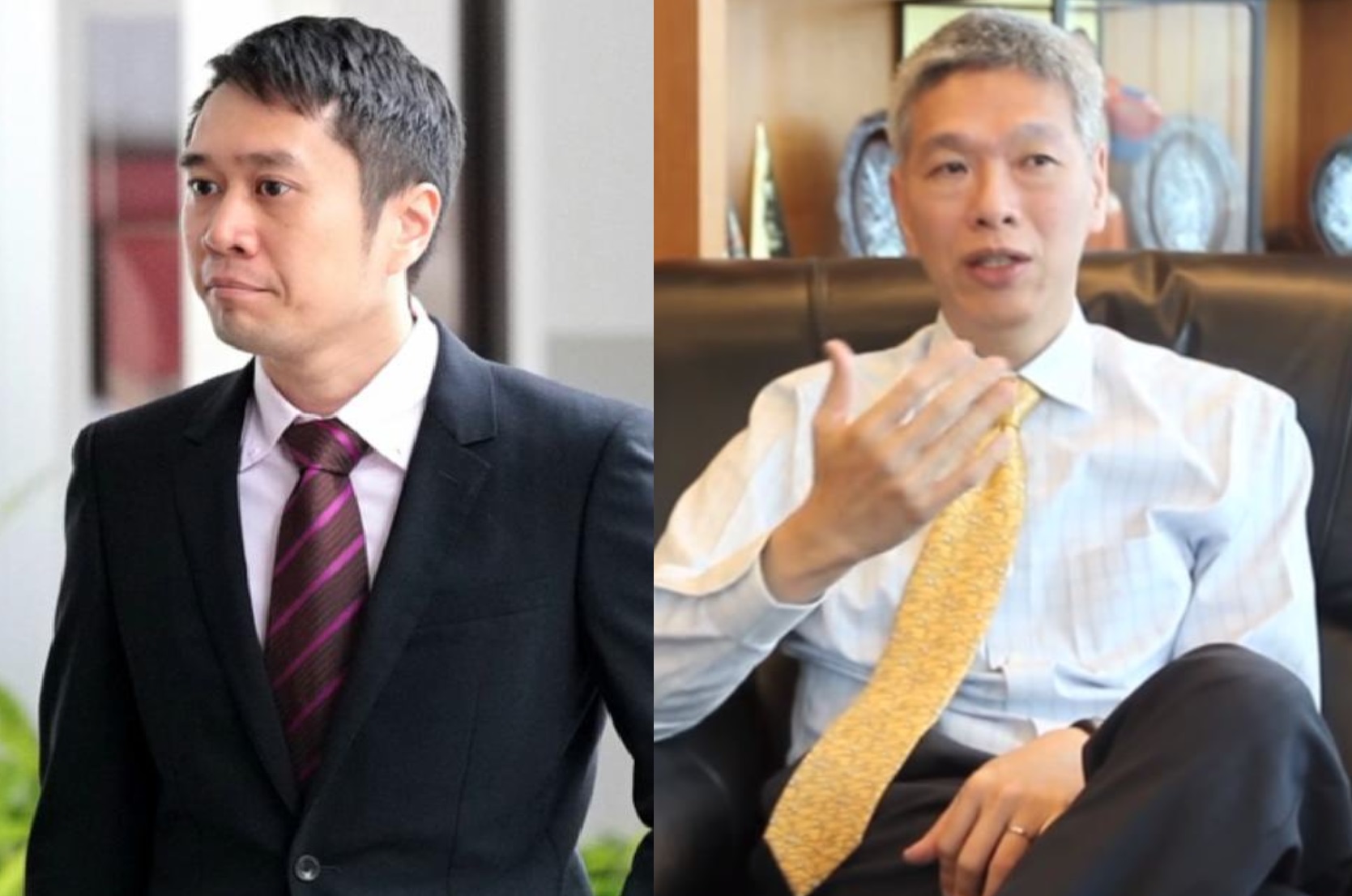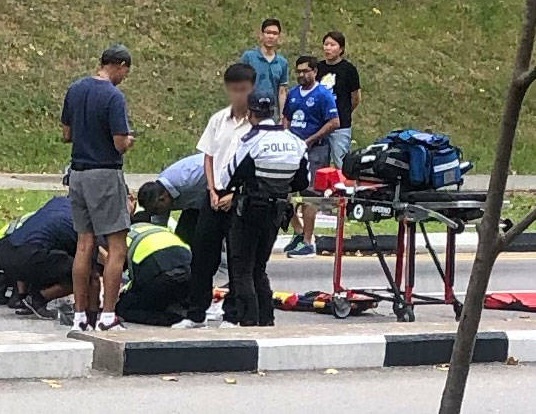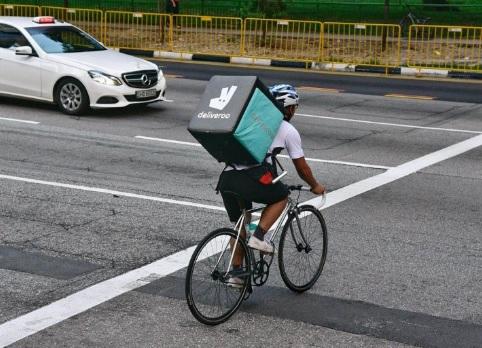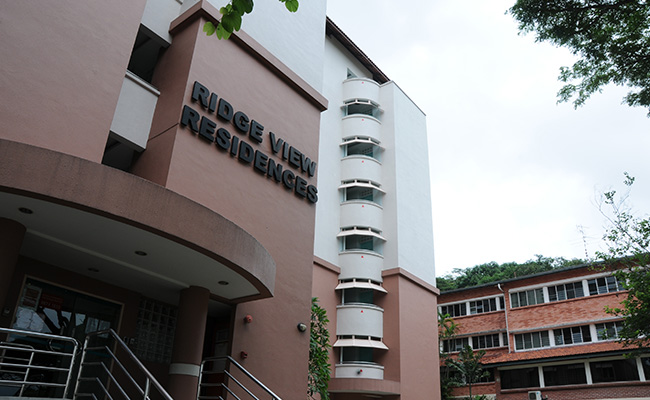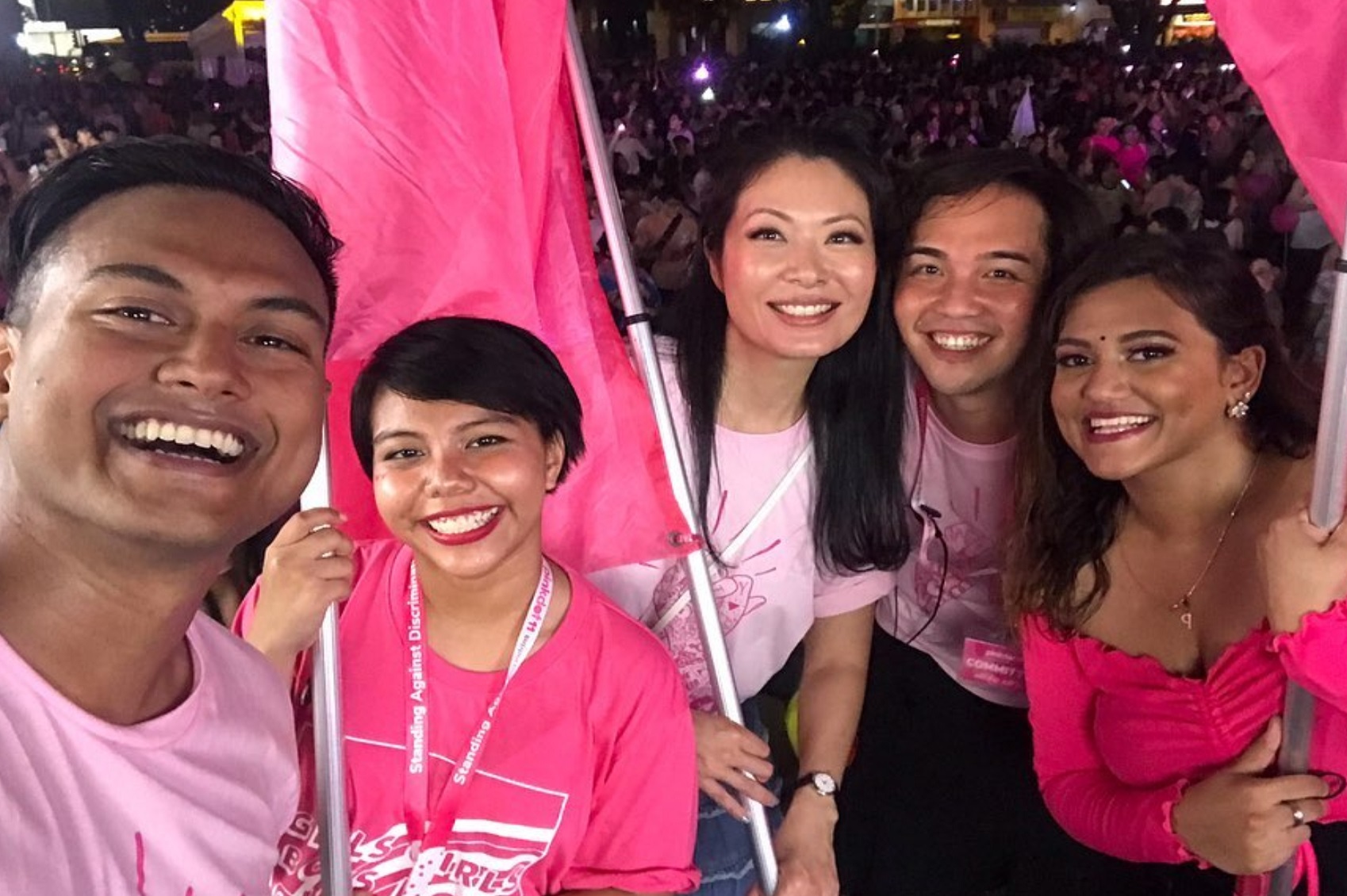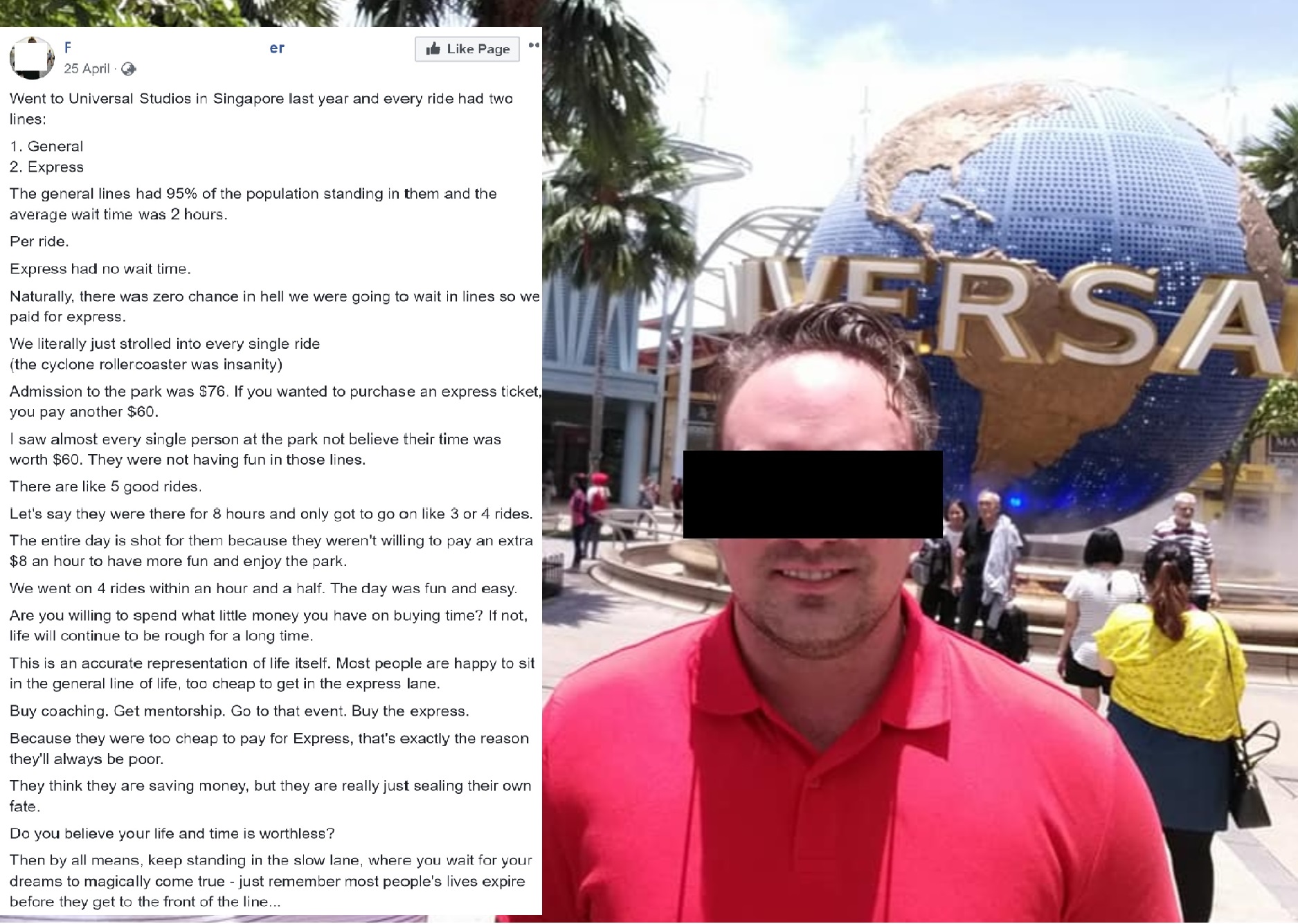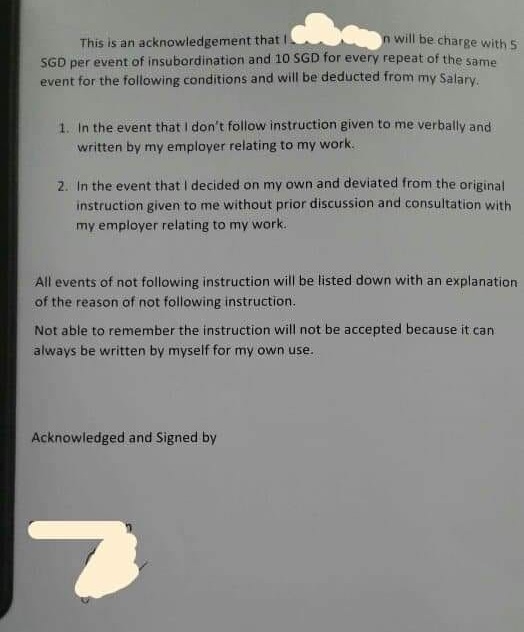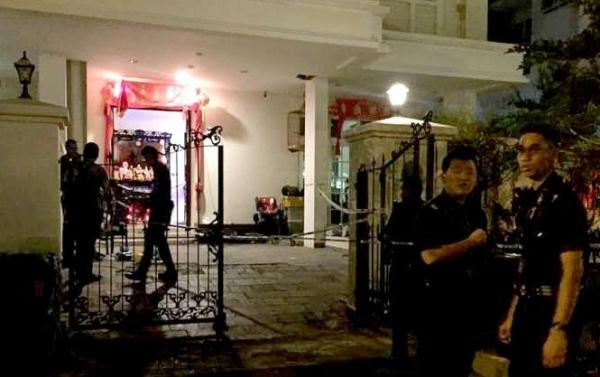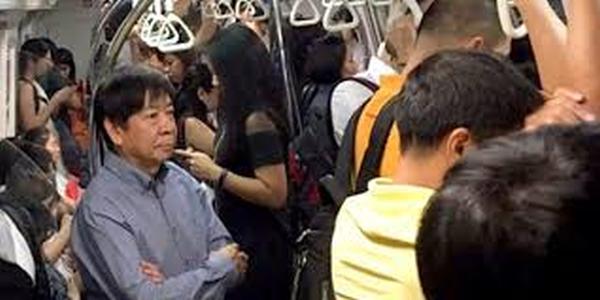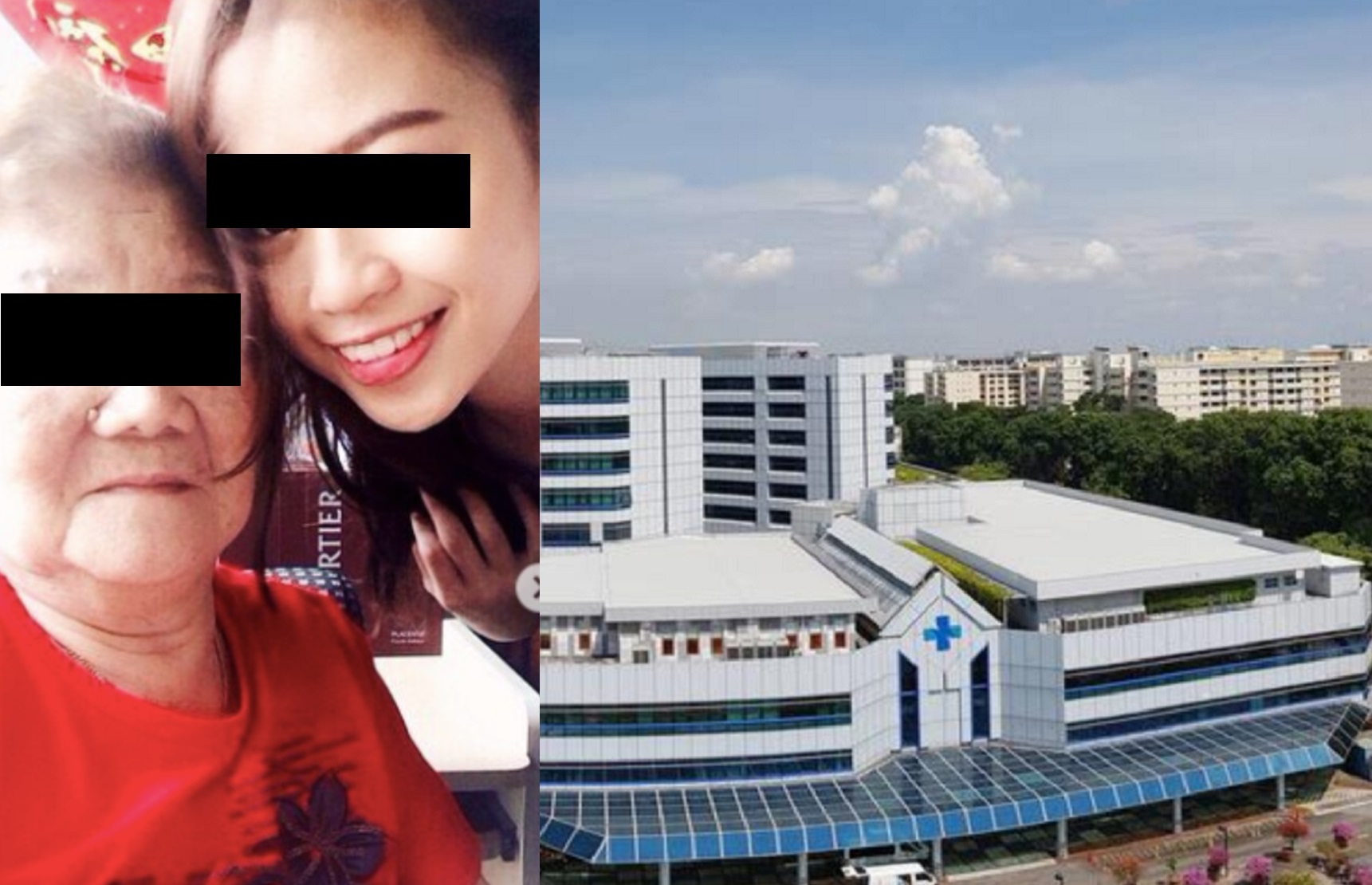An ST forum writer lamented the sorting of recruits by their educational levels by Mindef during their national service, for the different batches. In making this assertion, the writer, John Lim Le Sheng, drew from his own personal experiences in NS.
According to Lim, recruits from the ITE were normally excluded from the "leadership batch of recruits" who normally go on to leadership roles such as officers and sergeants. Lim recalled that he did not have a lot of contact with soldiers from ITE until after he graduated as a sergeant. He found them to be more dedicated and hardworking compared to his fellow specialists.
He raised 2 pertinent, inter-related issues. Firstly, that academic performance still matters in NS. Secondly, this practice excludes those less academically inclined from receiving leadership training which may be beneficial to them in the future. For Lim, these are significant drawbacks towards tackling social inequalities and making our society a more equitable one.
These are great observations. Indeed, NS has always been sold as a social-leveller where Singaporean men from all sorts of race, religious, social, and economic backgrounds come together in defence of the country.
However, the truth is not as simple as that. Very few people from the ITE become leaders in the army, compared to those with JC or polytechnic backgrounds.
This has significant impact on our army. We are not necessarily placing the best and most capable people in the correct positions. There are even cadets who struggle with their IPPT. Then you also have the scholars.
What does this signal to those from ITE? If even in the army they are marginalised from leadership positions because of their academic results, what can they expect from society? How will this shape their world views as young adults?
If Singapore is serious about tackling social inequalities, this practice needs to reviewed.
The writer, Kelvin, is not a leader in NS.
